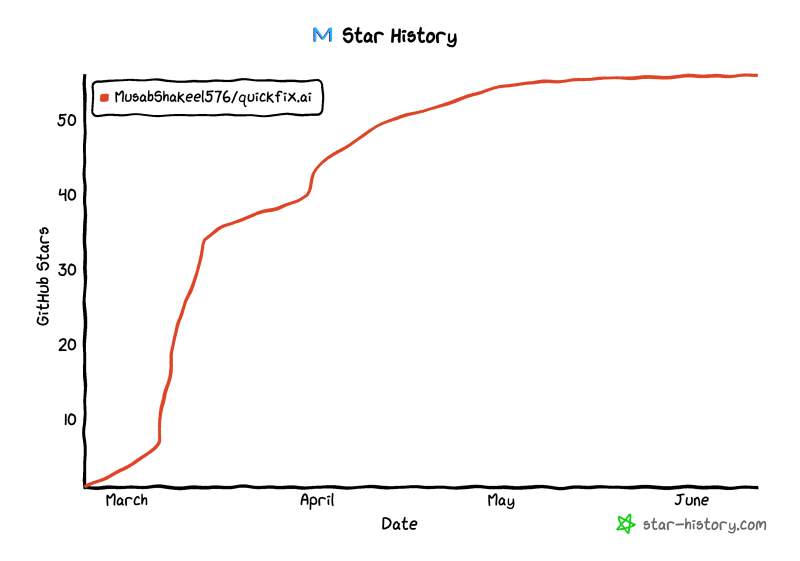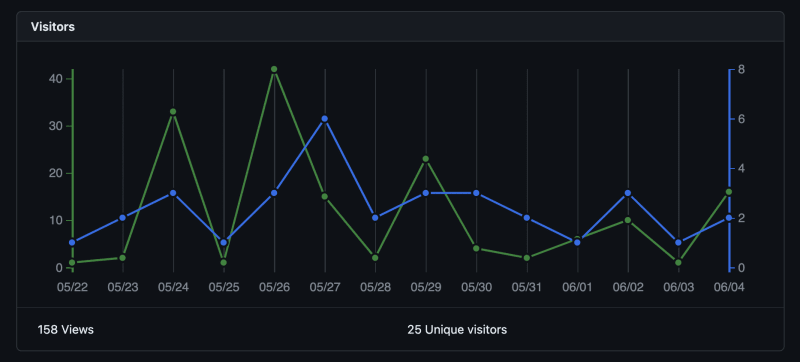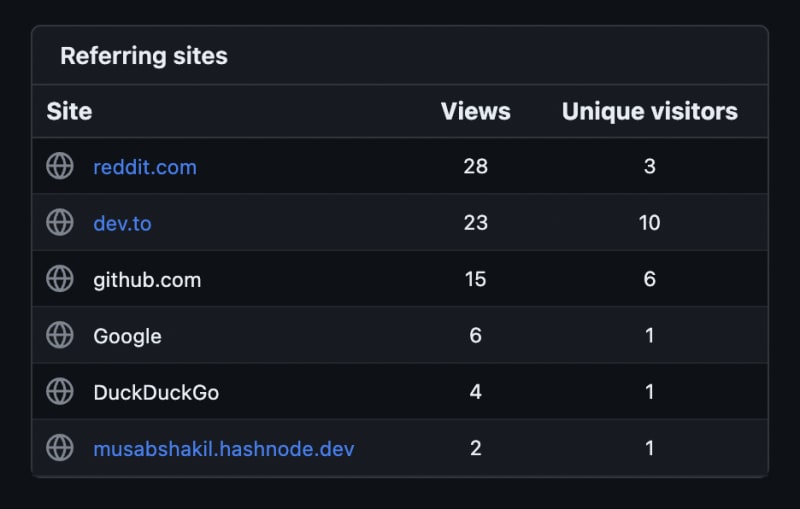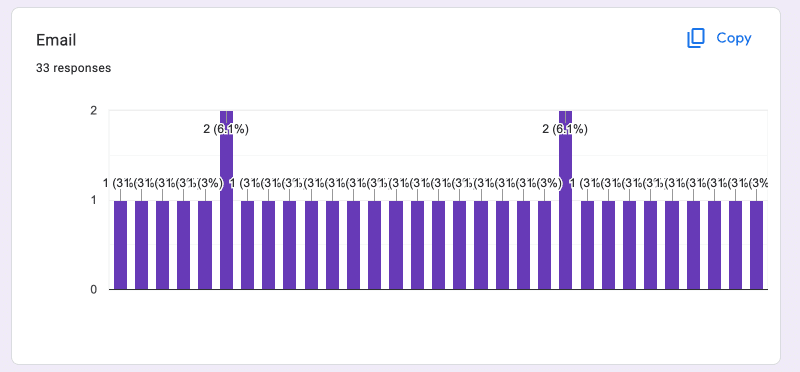After launching the Minimum Viable Product (MVP) of Quickfix AI, my main focus shifted to attracting customers.
Who were my Target Audiences? 🤔
In today’s age, with the majority of work revolving around extracting relevant information from vast amounts of data, developers need to search the internet for bug-fixing information, and writers have to sift through numerous web pages to find inspiration, citations, and more. Additionally, Gen-Zs are now more inclined towards consuming short-form content, be it in the form of videos or text.
With this knowledge, I initially defined "developers" and "writers" as the target audience for my product. The strategy was to build a niche product that would first serve a small audience in a specific vertical and then expand to other verticals and industries. This approach would allow me to instantly validate my product and create a feedback loop to ensure that it meets the needs and expectations of users. It's a similar strategy to what companies like Facebook used in their early days when they launched their product exclusively within Harvard University before expanding to other universities and eventually worldwide.
Still, developers and writers were broad target audiences. I further divided them into early adopters and the early majority. To validate the product, I needed to build four key components: Machine Learning, backend, hosting, and frontend.
However, I realized that I could validate the product without designing and developing the front end or deploying it onto a hosting service. This approach would allow me to go to market more quickly. To achieve this, I made the product open source, enabling developers to try it out as early adopters. Additionally, I added a Google Form waitlist in the GitHub repository for writers who aren't tech-savvy and struggle with setting up a GitHub repository.
By doing so, when developers provide positive feedback on the product, I can complete the remaining key components and begin onboarding writers.
Growth 🚀
In my previous product development experiences, I utilized Product Led Growth (PLG) and Twitter, among others. This time, I wanted to explore new channels to reach my audience. Considering the high search volume for relevant keywords related to Artificial Intelligence, I planned to publish valuable content to maximize organic user acquisition. This included writing relevant blog posts, creating use case videos on YouTube, and sharing the product on relevant subreddits. Additionally, I aimed to generate growth by engaging with potential users on an individual level through personalized cold outreach and addressing their specific pain points based on their immediate feedback.
Out of all the channels, two performed exceptionally well: blog posts and subreddits. In 2 months, the GitHub repository had crossed 50 stars.
25 unique visitors in the last month, from 05th May 2023 to 05th June 2023.
3 unique visitors from Reddit and 10 unique visitors from DEV Community blog posts in the last month.
And 33 waitlisted users in Google Form since 8th February 2023 (last 4 months) when Quickfix AI was launched on GitHub.
Problem with Writers 🫠
As developers automatically started using Quickfix AI through organic channels, it was the perfect time to onboard writers through cold email and showcase developers' testimonials as social proof, making it easier for writers to take their first step.
However, I soon realized that writers weren't interested in using Quickfix AI. I sent over 70 personalized emails, following email strategies from Art of Emails, Marketing Examples, and Lead Feeder, which included PAS (Problem, Agitate, Explain) and AIDA (Attention, Interest, Desire, Action) frameworks, and offering genuine upfront value. Despite an 80% open rate, I received no responses.
Why are writers behaving like this? 🧐
After exploring writer communities on subreddits and other platforms, it became apparent that most writers aren't happy with the new AI revolution. It is taking over their jobs and gigs, from Hollywood to WordPress blogs. Clients are opting for algorithmic efficiency and replacing human talent. Writers now have a certain skepticism about using AI products. Current AI startups that allow users to generate articles, emails, and documents are mainly used by non-professional writers (you and me) looking to enhance their content.
Now, it's time for me to go back to finding an Ideal Customer Profile (ICP), for whom Quickfix AI solves their real pain.







Top comments (0)